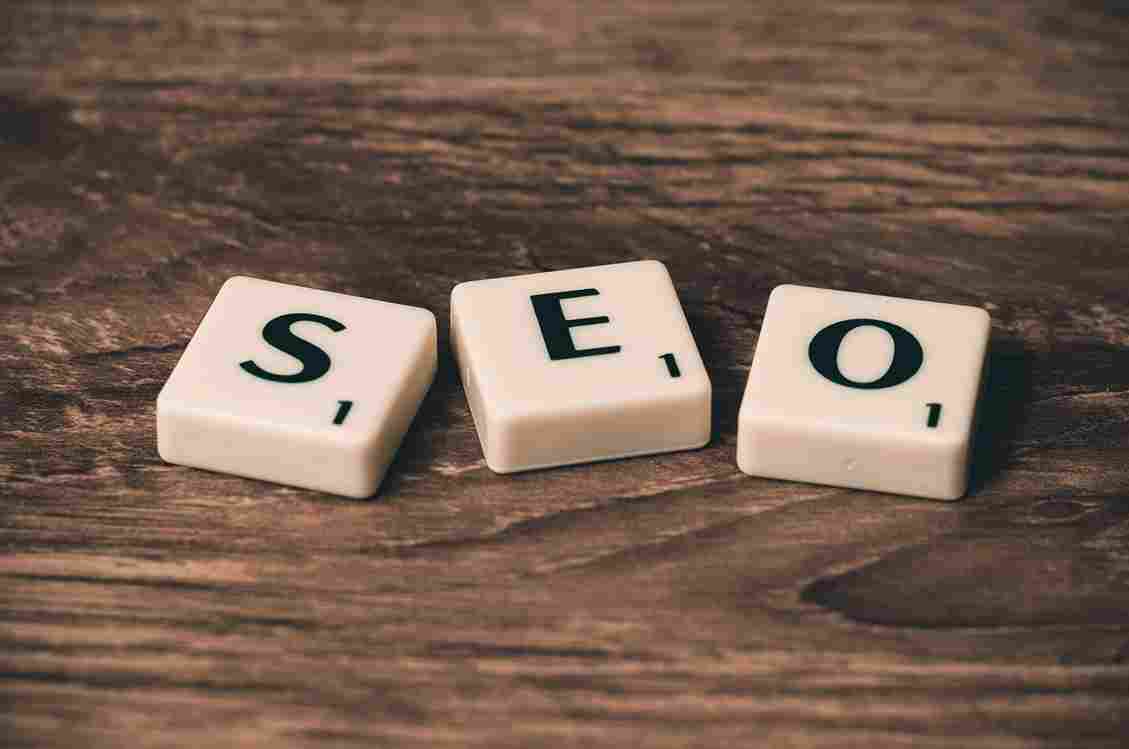On-Page SEO: On-page search engine optimization, is the practice of optimizing your web pages to make them appear higher in search engine results pages (SERPs).
It’s also known as on-site SEO, because it occurs on your website itself and not offsite. Search engines, such as Google, check your website in order to determine which sites should appear at the top of search results when someone searches for keywords related to your business or industry.
What Is On-Page SEO?
On-page SEO refers to all of the tactics used on your website itself (on page) in order to help improve how well it ranks on search engines (SEO).
One way you can do that is by creating internal links on your website so each page has a variety of internal links pointing back at other pages on your site.
Here,Below are the some most important sections in which you have to give your best while creating a blog posts or while optimizing a webpage:
Title Tags Section
Title tags are one of the most important parts of an on-page SEO strategy. Properly written title tags can boost your clickthrough rate by as much as 35%.
There are no two ways about it: in a crowded marketplace, you need everything you can get.The big picture here is that you want a complete picture of your customer’s intent before they land on your website and that starts with their search term.
Writing great title tags is all about understanding who your customer is and what they’re looking for when they visit your site. If you nail those things, then you’ll be able to write title tags that will resonate with them.
You also have to think about competition and relevance. If there are other sites out there competing for your same keywords, then you have to make sure that yours stand out from theirs. In other words, if someone searches for on-page SEO tips and lands on your site first because of good title tag writing skills (or any other on-page factor), then they might stay longer than they would have otherwise.
Meta Description Tags Section
On-page SEO is an umbrella term used to describe all of a website’s on-site optimization practices. Meta Description Tags are an important part of On-page SEO as they will be used in place of a web page’s Title Tag (if it does not include one) in search results and any description that is visible when a user hovers over a result or clicks into it on social media sites.
These descriptions are key because they have major impact on click through rates. This section goes over how to set up Meta Description Tags correctly, what they should contain, and how to write them.
The most important thing that users can take away from this section is how much work goes into optimizing even one small aspect of On-page SEO. It isn’t something you do once and forget about; rather, it is something you continually refine to ensure that your website remains competitive in search engine rankings.
The on-page SEO also includes Meta Keywords but there are other aspects of a site such as internal linking strategy which needs consideration too. So I don't think we need to consider Meta Keywords here except for 2 sentences about it in above example.
In summary, if we want our articles/blog posts rank well then we need to optimize each element of content itself(which means content itself + meta tags + title tag + internal linking strategy).
Page Titles Section
Every page of your website should have a unique title tag, and that title tag is one of your most important on-page SEO elements. When people use search engines to find things on your site, they’re going through what we call an information scent.
This means they have some information that they want confirmed or denied, and they’re trying to get closer and closer to their goal. Often people start off looking for broad topics; if it doesn’t look like what they want, then they either click back or bounce out of your site entirely without giving you a chance!
In order to make sure that their searches are successful, users will look at things like word counts and titles. Make sure that your pages are easy to find by including relevant keywords in your title tags. As with all on-page SEO, optimizing your titles makes them more visible in search results and improves conversion rates from visits to leads (and beyond).
Site Map and Navigation Section
This tells Google and other search engines what’s important on your site. First, you need a website map (that shows how all of your pages connect) so that when someone does a search, Google can quickly figure out which page is most relevant for that query. Next, you want keywords in your site navigation (the links at the top or bottom of each page).
If people click on these links, then it tells Google and other search engines what’s popular on your site. These are just two examples of on-page SEO factors that impact how high you rank in search results—and they’re just as important as off-page SEO factors.
Content Quality, Keywords, and Copyscape Check Section
On-page search engine optimization is a combination of crafting well written, relevant, quality content and using appropriate keywords throughout your website. To understand on-page SEO in detail you first have to be aware of what goes into off page SEO. When you are optimizing your website for search it takes more than just good content. There are a number of factors that Google uses to determine how relevant your web page is for specific keywords. These include things like link popularity, social media activity, domain authority and many other factors.
While on-page SEO does not play as big of a role as off page SEO there are still some things you can do to help improve your ranking on search engines.
The first thing we need to do is optimize our title tags. This will show up in search results so having an optimized title tag will help with click through rates from search engines which helps with ranking on those same engines. The next thing we want to do is optimize our body copy or text for relevant keywords that people might use when searching for information related to our site or business.
Images, Videos, and Media Section
If you’re trying to get visitors to your website, optimizing your website is probably a good idea. On-page SEO refers to strategies and practices you can use in order to optimize your content and make it search engine friendly. You may not have heard of on-page SEO but if you own a website or are planning on creating one, it’s likely you’ll need on-page SEO as well as off page SEO (more about that here) for better rankings.
Read More To help explain what on-page SEO is, let’s start with an example. Say you want to create a list of reasons why someone should buy from your company instead of others. You might include keywords like reasons why buy from us, buyer guide for buying widgets, and top 10 reasons why people should buy from us. Now imagine those words were used frequently throughout each piece of content wouldn't that make it easier for search engines to know what type of site they were? That's essentially what we're talking about when we talk about on-page SEO.
Internal Links Section
Internal links are important. Why? Because when a search engine sees your content linked from many different places on your site, it sees that you have high authority over that topic and makes you a higher priority when it comes to ranking your content in searches. This can be incredibly valuable if someone is searching for things related to a specific subject.
If Google knows that people are linking to certain sections of your site often and highly, then they will want those sections near top of their search results. That's where on-page SEO plays an important role. On-page SEO refers to all of the tactics used on your website to help improve how well it ranks on search engines. One way you can do that is by creating internal links on your website so each page has a variety of internal links pointing back at other pages on your site. You also want external links pointing back at all of these pages too, but we'll get into more detail about those later!
External Links Section
On-page SEO is a collection of best practices that search engines will look at when assessing a site. On page means on your website, so every aspect of how you manage your website can contribute to its search engine ranking. The keyword phrase on page seo gets about 1,400 searches per month on Google. Every site owner should have some understanding of what on page SEO means and be familiar with best practices around it.
On Page SEO needs to be in place early in any web design project so that all aspects of a website work together instead of against each other. On page factors include things like image alt tags, titles, proper markup tags, internal links and many more. On page optimization is not only important from an SEO perspective but also from a user experience perspective.
On-page optimization makes content more findable and readable by both humans and machines. On page optimization can make or break whether someone finds their way to your site or goes somewhere else.
Also Prefer To Read:
- Learn Web Hosting From Scratch For Beginners
- Bluehost Web Hosting: 7 Awesome Features That Everyone Loves
- Start a blog today: 10 easy steps for beginner
- Can't Decide on a Blog Niche? Check Out These Top Ideas for 2022



